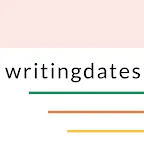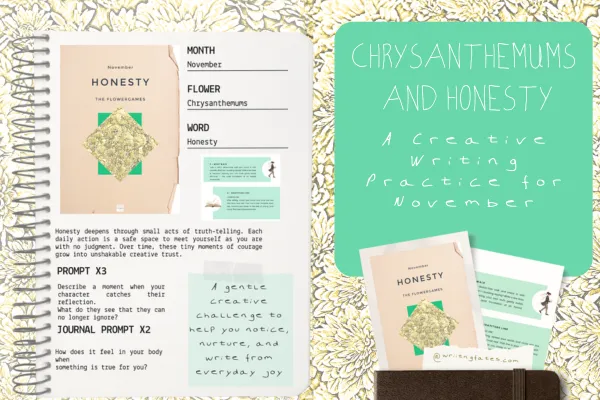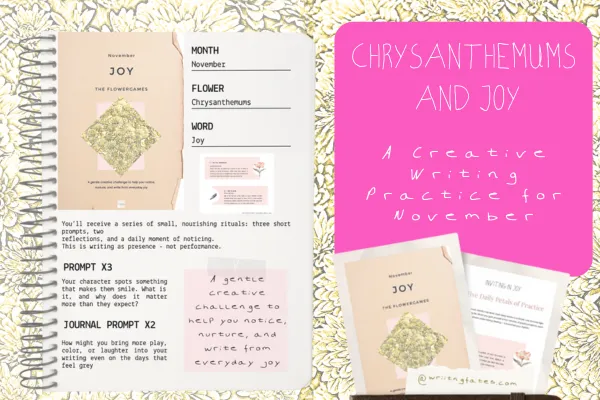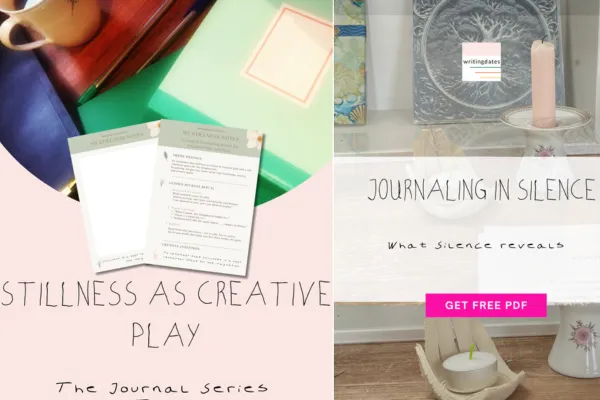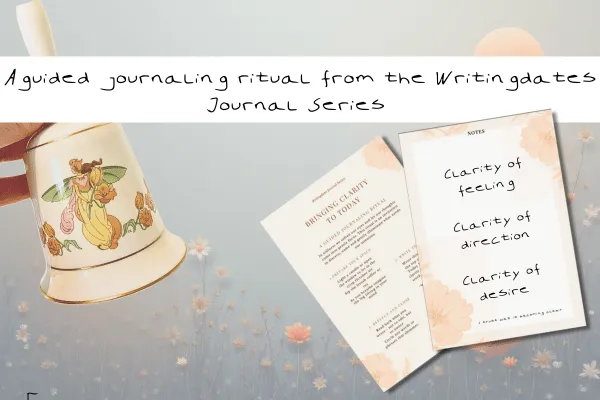Chrysanthemums & Honesty: A Creative Writing Ritual for November
Discover The Flower Games of November | Honesty, a mindful creative writing ritual inspired by chrysanthemums. Learn how to pause, notice, and write with truth through the free Honesty Workbook from The Creative House.
